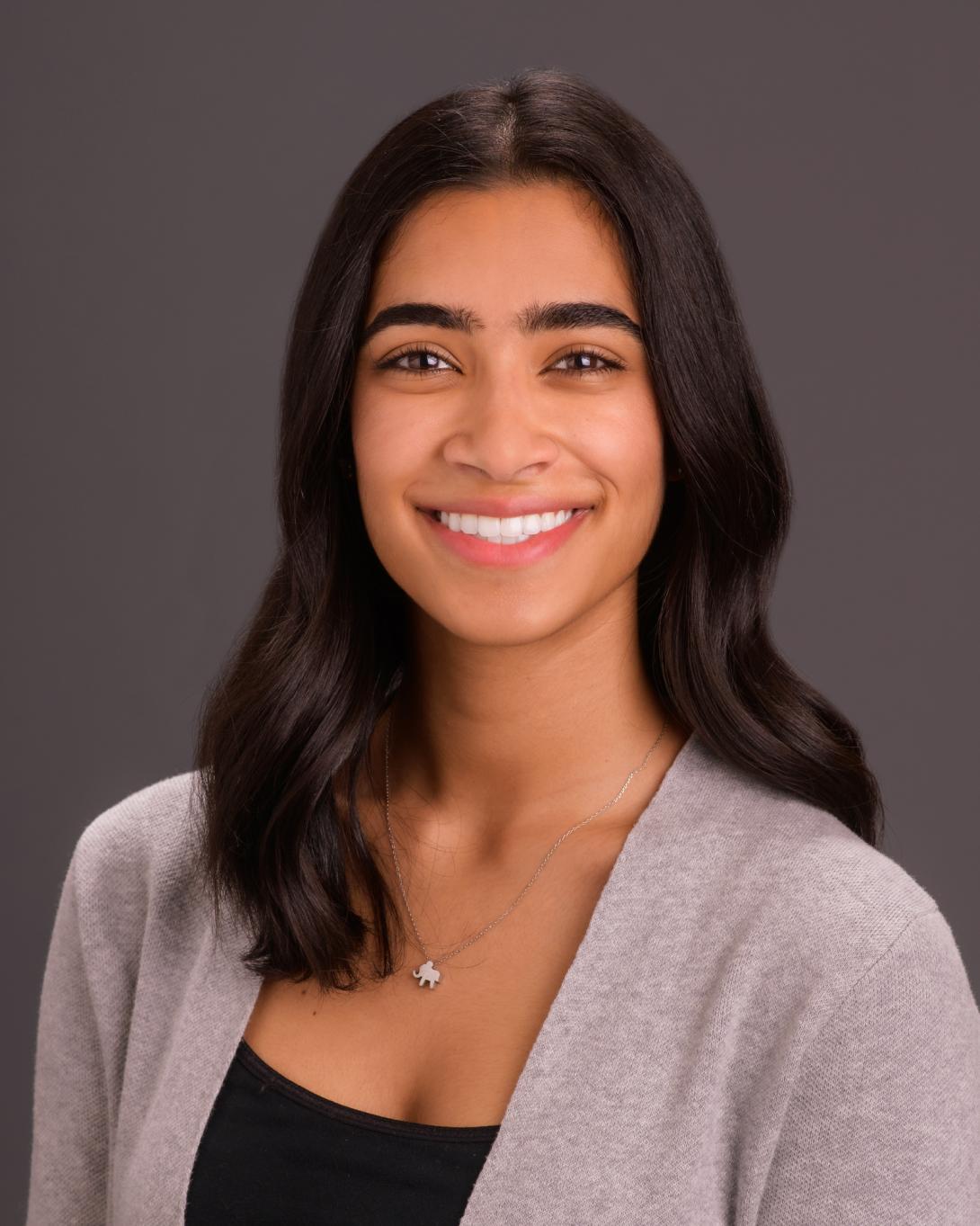
Two years into my undergrad, I switched from the nursing program to health sciences. My biggest reason for switching was that I realized that clinical care wasn’t for me because I didn’t feel like I was doing enough for the health care system. Like so many people, I wanted to feel like I was doing more for others and giving more of myself. I felt that day to day patient contact wasn’t enough, so I thought that I would go to law school and would eventually implement change on an institutional, or governmental level.
One component of the health sciences degree was to do an internship. After exploring many options, I recalled that towards the end of my Introduction to Public Health course, one of the policy analysts from the Institute of Public Policy (IPP) came to speak about what IPP does and what role students play in their office. At that time, I felt that if I wanted to go to law school—a policy institute would be a good place to start.
I began as a student intern. During that time I wrote a policy brief for the Women’s Foundation in Kansas City about the intersection between cancer outcomes and comorbidities. I also had a limited role in the Missouri Teen Pregnancy and Prevention Program (MOTPP) where I did data entry. At the beginning of my second semester, I was asked to work 5 hours a week and do more data entry for the project. I was bumped up to 25 hours that summer after to help out the lead policy analyst. My shift from intern to hourly worker was smooth and increasingly rewarding due to the supportive and nurturing environment that IPP provided for a student evolving into a future full-time employee. It was a natural transition because my involvement in the MOTPP project had gradually increased over time so I felt comfortable and confident in my contributions. I feel that I continued to take on a significant amount of duties and tasks which taught me a lot about programs that I worked with (mainly Excel and Qualtrics) and gave me a more holistic sense of what it meant to work on a state-wide project and be a part of an evaluation team. Along with those programs, I became proficient in entering data, creating surveys and spreadsheets and spot-checking the aforementioned data and spreadsheets.
My position as an undergraduate research assistant on the MOTPP project allowed me to learn a great deal but it also proved to be the perfect position to hold as a student. As students, we are often thrust from womb to world, if you will, almost instantly. There is a very little buffer between being a full-time student to being a full-time employee and as I mentioned before, IPP provided a perfect environment to grow and learn. In my role at IPP, I feel that I was given the respect, autonomy, and responsibility of a full-fledged employee. At the same time, I was given the support, training, and flexibility that a student would need; it was the absolute best of both worlds. In addition, the hours and scheduling were phenomenal for a student as everyone at IPP understands that I was a student first and that school had to come first. This compassion and understanding of my dual roles were always upheld for me and all of the other students.
At this point, I have decided against law school for a number of reasons. Once I learned more about what it would be like–long hours, writing, memorizing, and reciting cases–I realized that it wasn’t for me. I think that all of the attractive aspects that I saw on TV were simply not what the job actually entails. Although, I have found that I like administration and evaluation more than I thought I would. In my time at IPP I found that though the job was not what I expected it to be, it was exactly what I needed it to be. It introduced me to new skills and challenges that I may not have otherwise encountered and taught me new ways to cope and rise to those challenges. I will also say very honestly: evaluation and data is not sexy. There isn’t anything particularly exciting about huge spreadsheets and surveys. The thrill came in the aftermath for me. Being at IPP and working on MOTPP allowed me to see the change (be it progressive or regressive) in students. It is incredibly interesting to see that change because it shows how different we are as human beings. It shows that no matter how we disseminate the same information, people will understand it in fifty different ways.
Down the road, I would still like to influence institutional change in the health care system and to do that, I think that I need to understand as many facets of the system as I can. Being at IPP has given me knowledge in using programs like Qualtrics and Excel which I can carry to many jobs in the future. IPP and being a part of a statewide program evaluation team has given me a greater understanding of the back end of policy and data analysis. It has also shown me what goes into managing a high volume of students and data and what mechanisms may need to be in place to do so successfully. In whatever I do in the future, my time and experiences at IPP will stay with me.